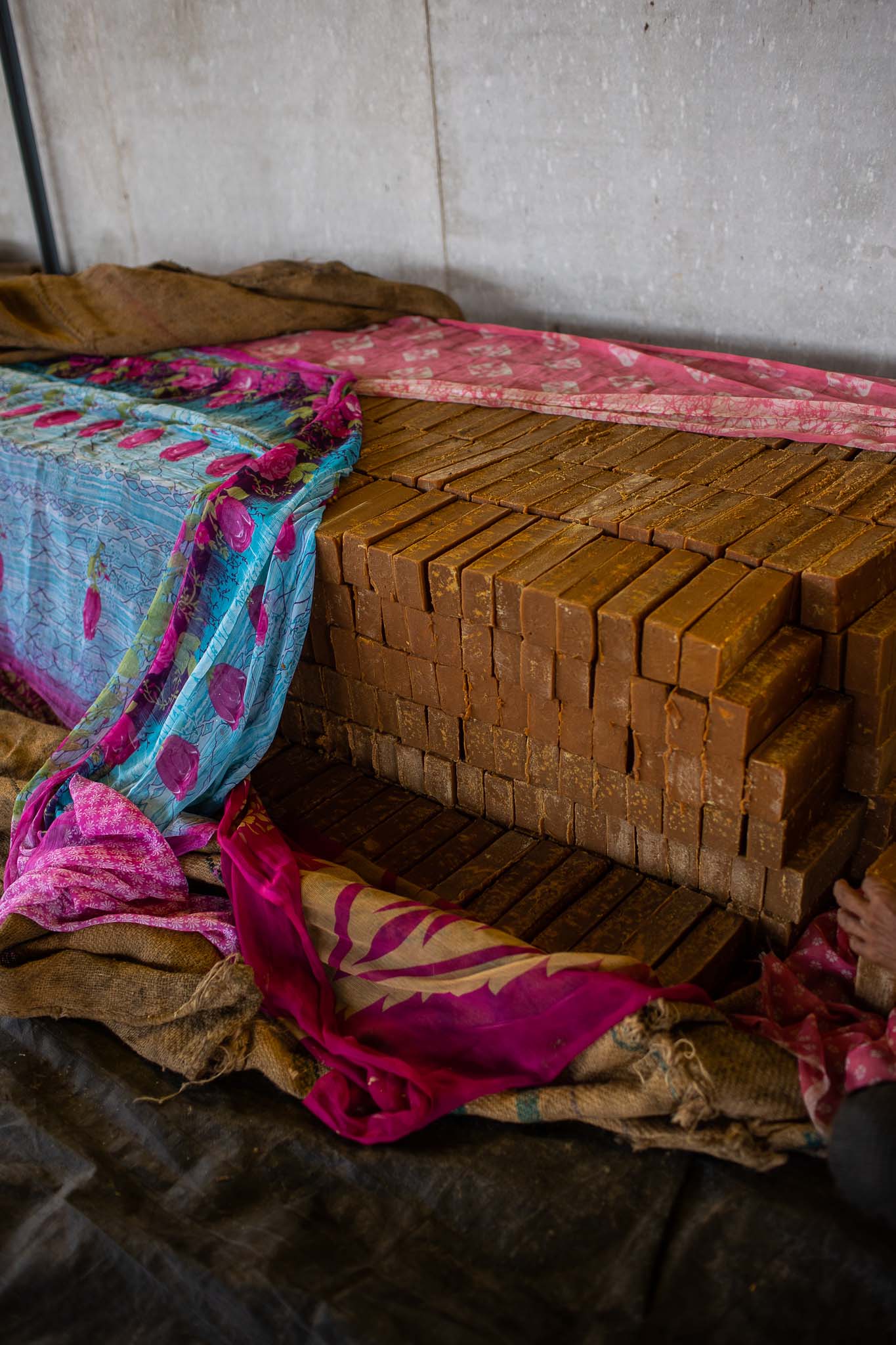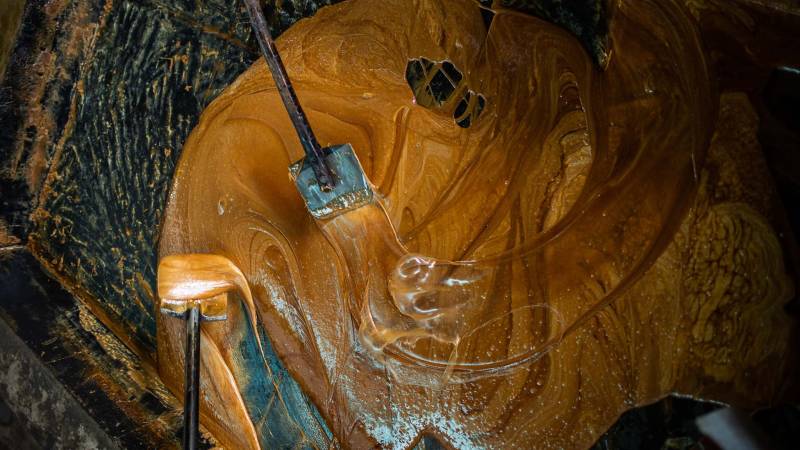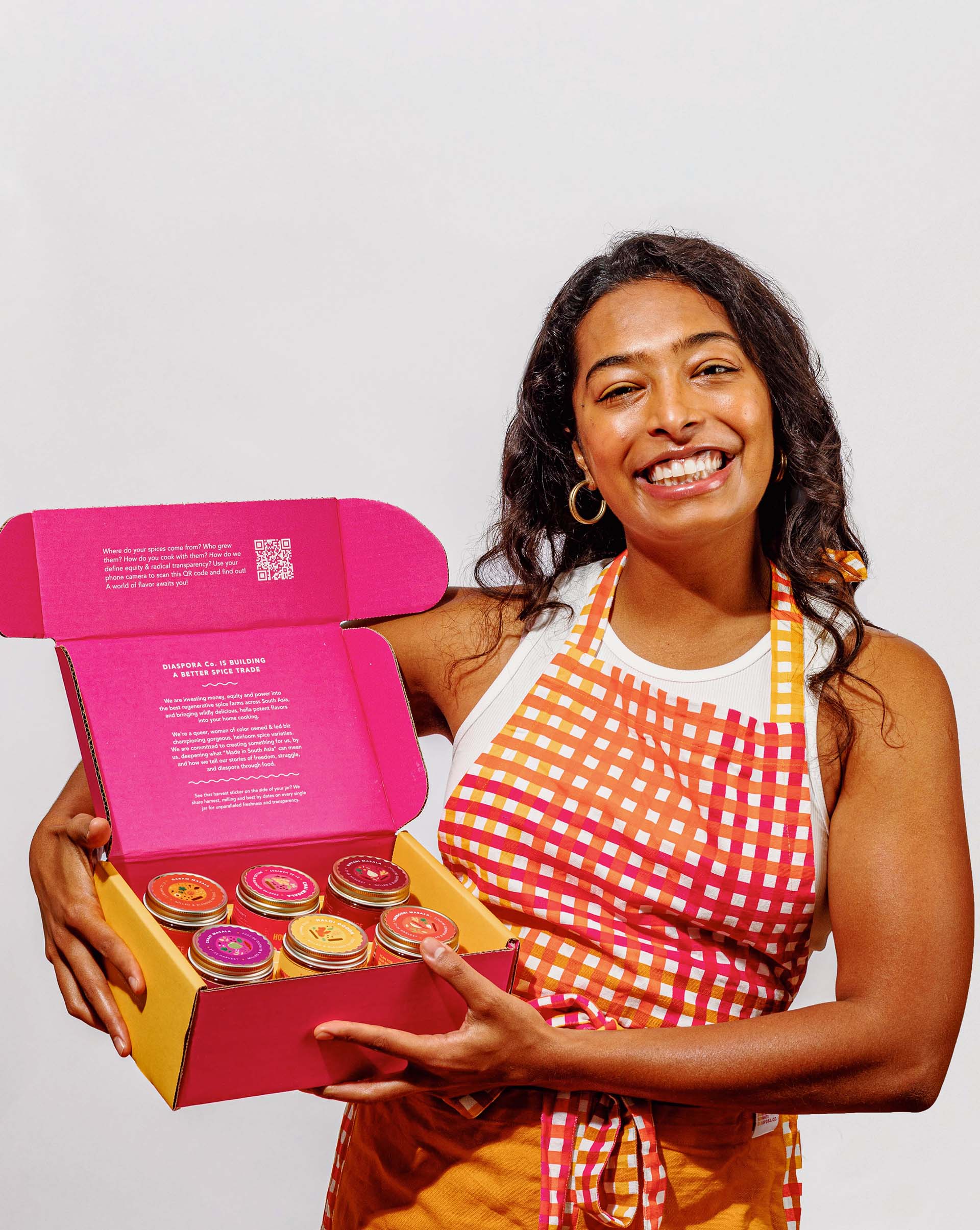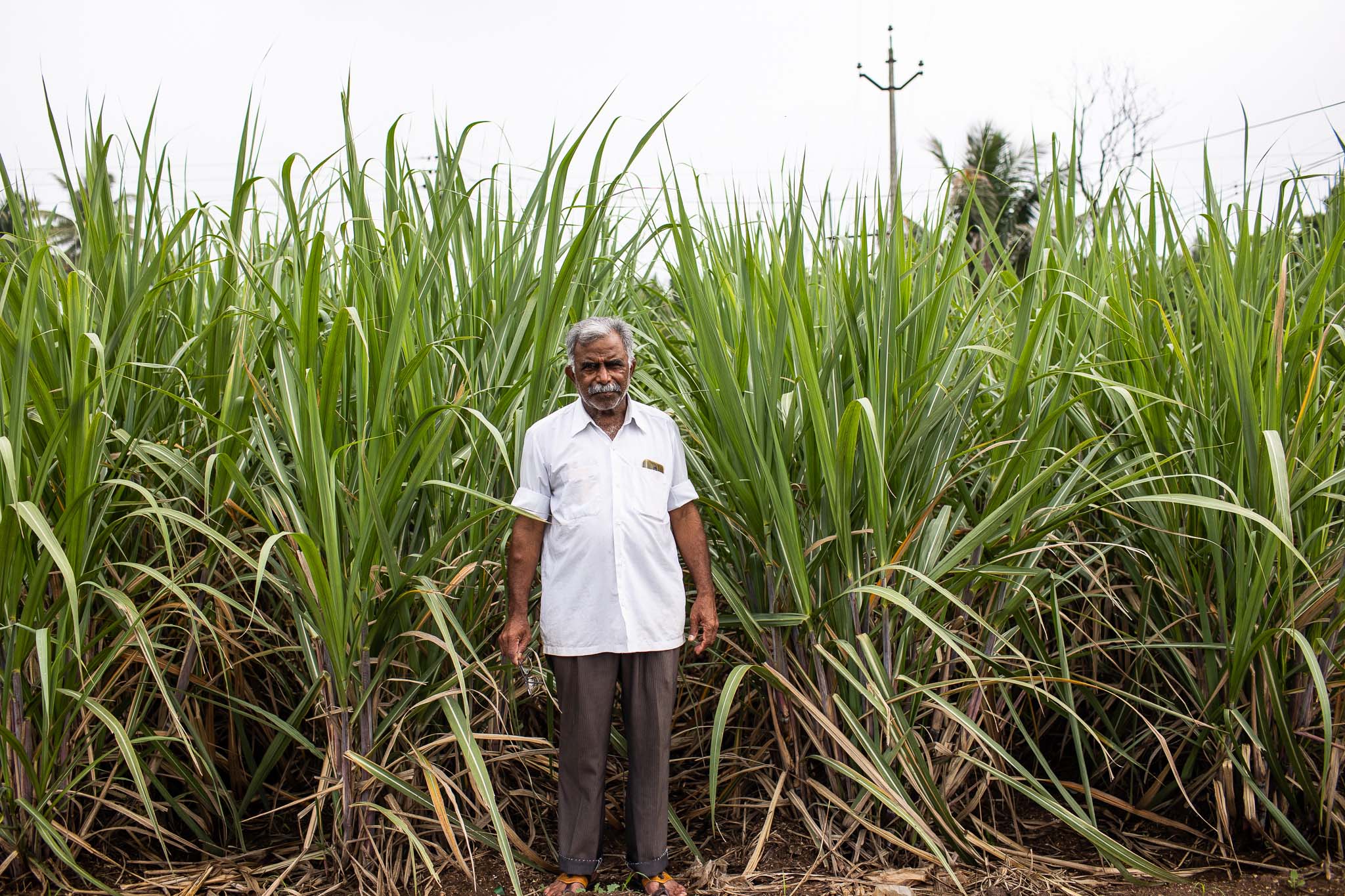E
very time Sana Javeri Kadri flies back to California from a visit to her hometown of Mumbai, India, she stuffs her suitcase full of treasure: hefty, golden-brown bricks of the South Asian sweetener known as jaggery. It’s been 10 years since Javeri Kadri, founder of Oakland-based spice company Diaspora Co., first immigrated to the United States. And for 10 years now, she’s been lugging back this precious cargo.
What Javeri Kadri hadn’t thought to do until very recently, however, is to sell jaggery. This, despite the fact that her entire business is built around sourcing single-origin spices from small farms in India. It was just too troublesome, Javeri Kadri explains — there were too many regulations designed to protect the domestic sugar industry.
But a recent test batch that Diaspora Co. sold as part of its chai kit was so wildly popular that Javeri Kadri decided to give it a go. In an announcement that thrilled Indian home cooks, Michelin-pedigreed chefs and hardcore chai enthusiasts alike, Diaspora Co. is now selling jaggery online to customers anywhere in the U.S. (and beyond).
Jaggery, at its core, is sugarcane juice that’s boiled down and caramelized until it’s one step away from becoming sugar, Javeri Kadri explains. “It’s like sugar’s unrefined, much more nutritionally dense cousin,” she says. “I’ve been referring to it jokingly as the ‘OG, pre-colonial sweetener.’”

Up until this point, jaggery has received little mainstream attention in the U.S. But on the Indian subcontinent (and throughout much of Southeast Asia), many people use jaggery as their default sweetener, shaving chunks of it into a coarse powder. And in recent years, Javeri Kadri explains, the product has enjoyed a resurgence in India as health-conscious middle- and upperclass elites have started to use it more frequently as an “old-school ingredient” in place of refined white sugar. (Many Latin American food cultures use a similar unrefined sweetener known as panela.)




